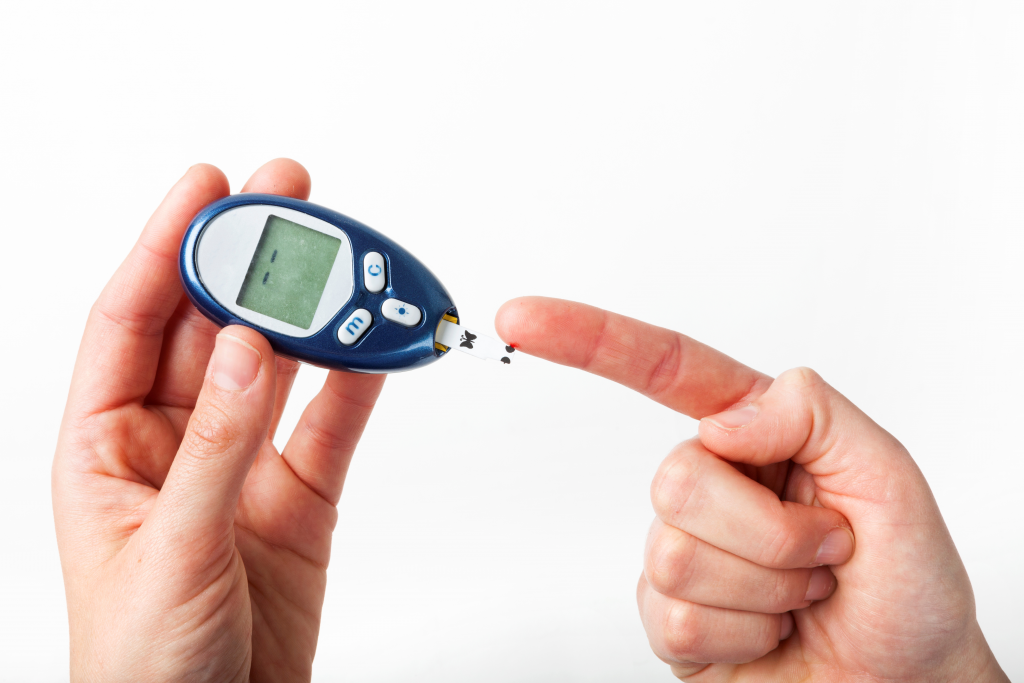‘The roots are racism:’ study suggests Manitoba’s First Nations not receiving adequate diabetes care

Posted September 23, 2020 5:41 pm.
WINNIPEG (CITYNEWS) – The authors behind a new diabetes study say racism is partly to blame for the elevated numbers among Manitoba’s First Nations communities.
While the study reveals type 2 diabetes is on the rise in all populations in the province, First Nations children are 23 times more likely to develop the disease compared to other children.
Lorraine McLeod, one of the study’s co-authors, says diabetes has naively been linked with lifestyle choices alone, while other elements are at play.
“The roots are racism,” said McLeod. “I believe that if you subject any population to what First Nations have lived through and the experience that they had, you would see the same outcome.
“I, as a nurse, have seen the evidence of racism. I have sat and listened and spoke up about it.”
#MCHPResearch study found that over 50% more children are diagnosed with type 2 diabetes in Manitoba now than 10 years ago #MBPoli https://t.co/f8MoVN5kb0 This research was done in partnership with @FNHSSM #MBPoli pic.twitter.com/vorYJeAEZP
— Manitoba Centre for Health Policy (@um_mchp) September 22, 2020
The study reveals First Nations people are accessing primary care at a similar rate to other Manitobans, but the care they receive is not lessening complications related to type 2 diabetes.
“There is this prevailing belief that First Nations individuals have more complications because they’re not accessing health care,” said Dr. Chelsea Ruth, one of the study’s co-leads. “But this report actually shows they’re receiving health care in the same numbers, but the care received is not adequate to fit their needs.”
RELATED: New pre-diabetes study
According to the study, there were 2,283 infants born to women with type 2 diabetes in Manitoba between 2011 and 2017. Roughly half of them were born to First Nations women.
First Nation individuals with type 2 diabetes were more likely to be younger and female compared to All Other Manitobans with type 2 diabetes. When moms-to-be have type 2 diabetes it means that both mom and baby will need more care. #T2DM #MCHPResearch in partnership with @FNHSSM pic.twitter.com/9bRGaYZYFb
— Manitoba Centre for Health Policy (@um_mchp) September 23, 2020
Elizabeth Sellers, a child diabetes doctor, says cases could continue to rise as young girls from First Nations with diabetes today become pregnant later in life.
“We have a snowball effect where then babies are being exposed in utero, and that is clearly a very significant risk factor,” said Sellers. “If we’re going to break that cycle, we need to look at supports for care and education in the communities.”
Sellers says Manitoba needs to develop programs to support youth and families in partnership with First Nations communities.








